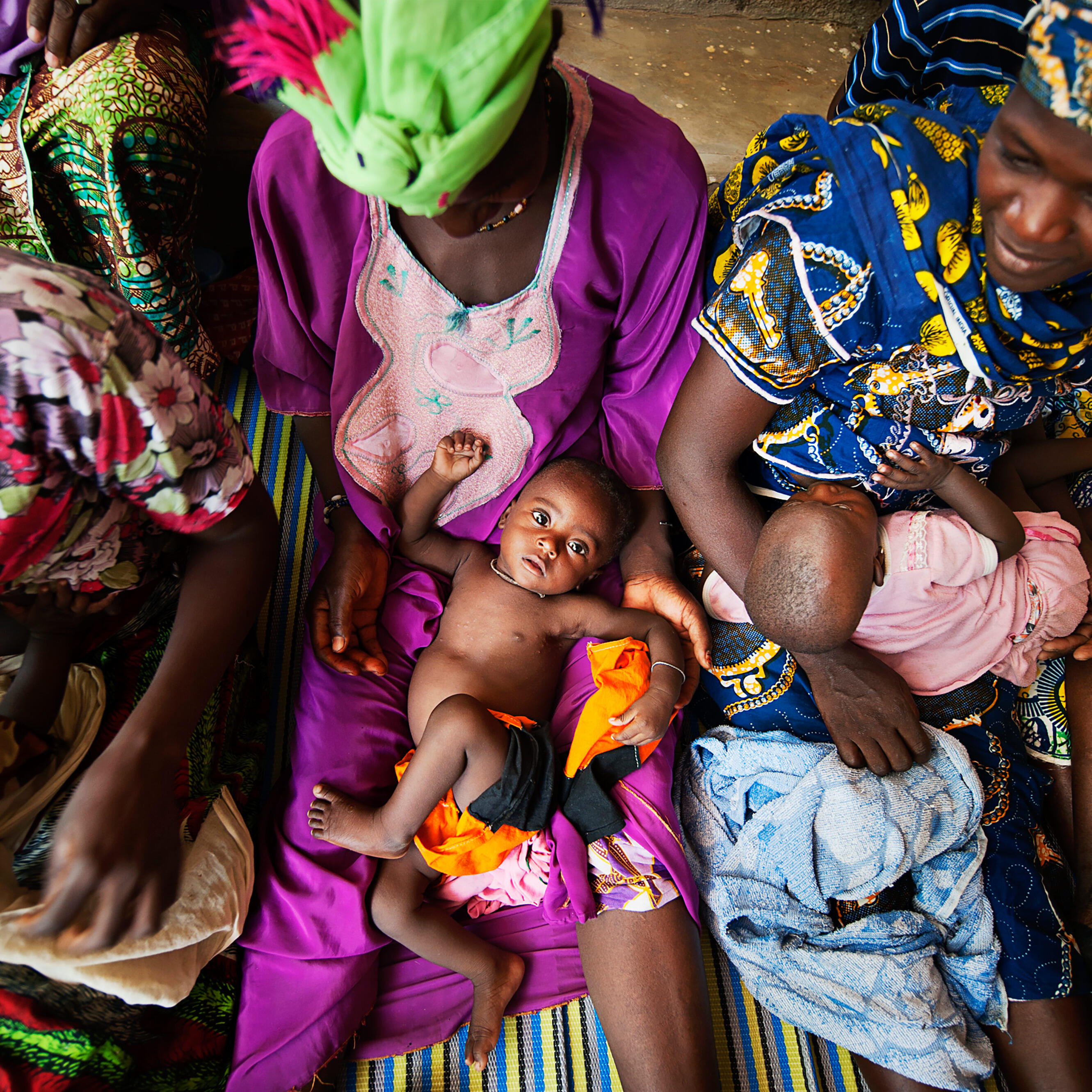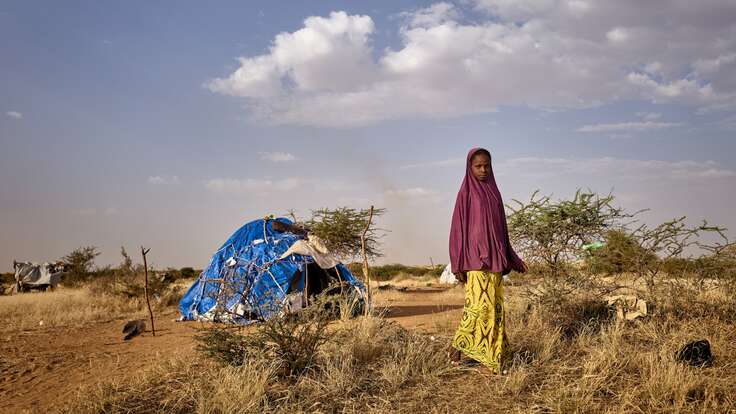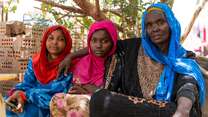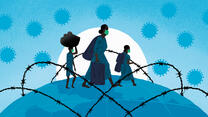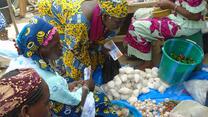Country facts
- Total Population: 16.9 Million
- People displaced by crisis: 270,000 people of concern
- Rank in Human Development Index: 179 of 188
IRC response
- Started work in Mali: 2012
Mali has experienced armed conflict and political instability in the north of the country, causing displacement and stretching already scarce resources in host communities in the south. The IRC is responding with emergency relief and working to strengthen health services and children’s education.
In 2012, armed conflict and political instability in the north sent hundreds of thousands of Malians to the country’s south, further exacerbating regional food shortages.
Over 520,000 have fled northern Mali in search of safe haven in other countries, and another 330,000 have been internally displaced. Mali’s crisis has led to the collapse of public services, especially health care and education in the north.
Although a peace accord was signed by parties to Mali’s conflict, the north remains extremely fragile due to in-fighting between separatist and jihadist groups.
Sporadic outbreaks of violence and the resulting population movements have prompted significant protection, economic and health concerns while reducing humanitarian access to troubled regions.
In addition, prolonged displacement of households inevitably decreases access to food, income and purchasing power.
Since 2012, the IRC has provided lifesaving assistance to over half a million displaced Malians displaced by conflict and facing severe food shortages. The crisis in Mali has also led to a collapse of basic public services such as health care and education.
To help the country recover, the IRC is focusing our efforts in the Koulikoro, Kidal, Gao and Mopti regions by:
- providing emergency relief
- supporting village savings and loan associations and income-generating activities, especially for women
- providing clean drinking water, water treatment kits, water-point rehabilitation, and health care supplies
- providing vital health care services and training community health workers
- providing children and parents with psychosocial support to help them heal from trauma
- training teachers and reopening schools for children affected by conflict
Download the IRC's Mali strategy action plan to learn more about our programme priorities until 2020.
In 2015, the IRC and our partner organisations in Mali provided:
64,000
We’re providing Malians vital access to clean drinking water as well as water treatment kits and health care supplies.
35,000
We’re working to provide safe learning spaces and to reopen schools for children uprooted by crisis.
children and youth with access to IRC-supported schools and educational opportunities.
Learn more about our education work11,000
We’re working to break the cycle of violence against women even as we help survivors to heal.
men, women and children with access to gender-based violence prevention efforts in their communities.
How we're empowering women